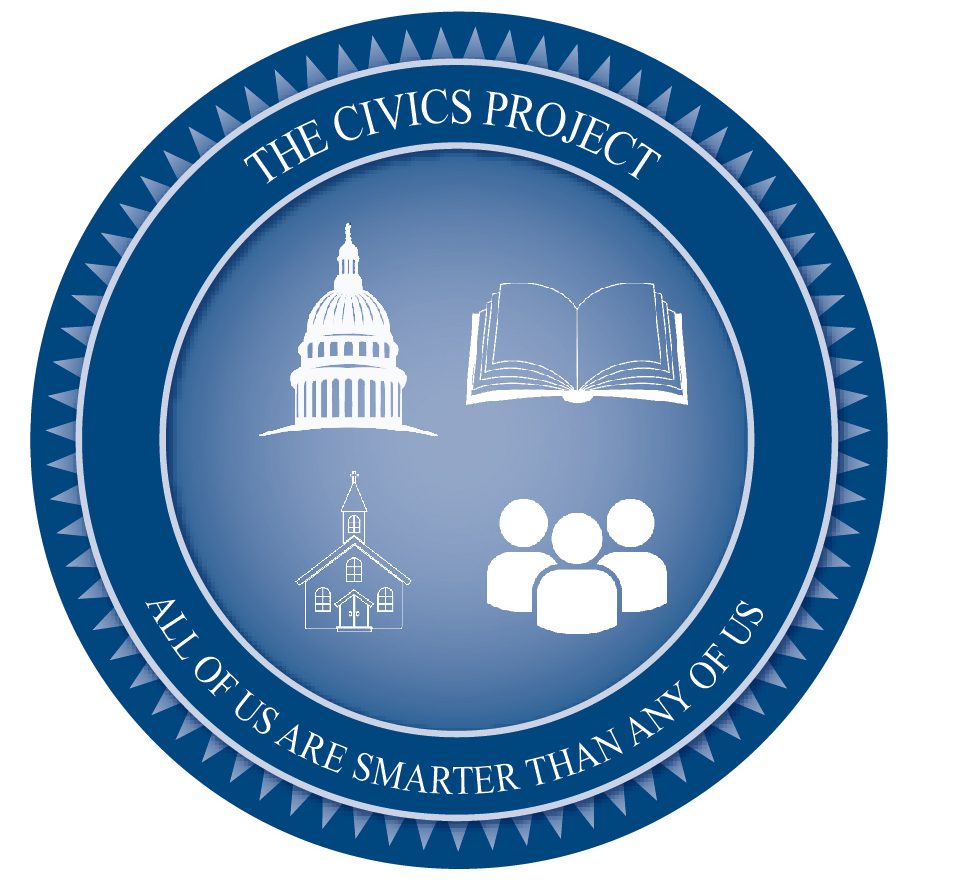When cities become poor by spending more than they raise, talk turns to the need for a control board.
The talk is mostly on radio and in coffee shops. It never really gains traction with the decision makers in government. If it IS ever talked about seriously within government it’s because they have an option, albeit a nuclear one, for a solution.
The one overarching solution that a control board – or declaring bankruptcy – gives a government is the ability to cancel all existing contracts and start anew. Are we really going to lay the blame of the Niagara Falls city deficit entirely on the backs of the police and fire union contracts? If so, bankruptcy provides a reset button for that. It would seem that the time to consider the financial implications of a contract are before you sign it, not after. So it’s a bit of a cop-out, no pun intended, to blame those organizations at this point. Also, what sort of trust can be developed if you sign a contract and then don’t live up to it? Good civics depends on trust.
Talk of a control board also implies outsiders coming to the rescue with never-before-heard-of solutions and magic wands. That’s a childlike fantasy, and civics is not child’s play. The city is far from bankrupt and not in need of magic tricks.
What if, instead, we had talented, experienced residents who would agree to volunteer their time to study the budget with an eye towards long term structural stability. What if they took a year, involved everyone in the process, thoroughly looked at city spending over time, opened all their meetings to the public and reported back to everyone in clear concise language. We’d all want to live in a place that does that. Turns out that’s exactly what happened a few years ago. Thank you Joe Cale for reminding us this took place.
Facing what is considered uncertain and unsustainable yearly budgets the city council voted to create the Niagara Falls Financial Advisory Panel in 2015. It asked seven people – maybe the seven most experienced people in the city – to research and report to the Council its recommendations for stable, sustainable budget planning. Who gives a year of their life to selfless reflection on municipal budgeting? I wonder if anyone ever properly recognized the council’s foresight, or properly thanked the seven volunteers.
As you can expect, some of the recommendations were a bit wonky. Its budget management after all, not reality TV. But some of it was just simple logic. They found there was no systematic budget orientation for new council members and that perhaps it was irrational to expect someone to grasp a thousand-line, nearly hundred million dollar budget without any training. They also found that it might be better to have financial status reviews quarterly instead of yearly, so that if spending was exceeding revenue changes could be made during the year instead of announced at the end of a year, when no spending adjustments could be made.
Two wonky findings were the privatization of certain municipal services such as parking and the golf course, and whether it makes sense to pay everyday operating expenses from savings accounts such as the city fund balance or from temporary revenue sources such as the casino payments funneled through the state compact. Doesn’t that sound prescient today.
The most important finding of all was that there is no Budget Director position within city government. Multiple employees weigh in on city budgeting, and ultimately the Mayor is culpable, but to not have a professionally trained and experienced person, shielded from daily political whims, providing advice and counsel should be shocking in an organization as complicated as a city government. Councilman Chris Voccio proposes we live within our means and not overspend. Who does he turn to inside government to run some econometric models for him showing what’s possible? Nobody, and maybe that’s the point. Without anyone in charge it’s easier to blame the system.
We need to bring these seven people back in a reunion of sorts. On a stage, in a free-flowing interview format, where they can reflect on their findings and remind us of how the situation isn’t much different four years later. We could also use that forum to properly and publicly thank them for their time and effort.
With a tip of the hat to the three young men featured in the ESPN documentary about their basketball careers, it seems like we spend a lot of time dribbling the ball without even having set up hoops and nets, much less taking shots and keeping score. We’ve got a ball but not the defined goals to shoot at. Maybe that leads to the lottery mentality that any one project or person will save us, which in turn leads to the frustration when the charlatans evaporate, which in turn leads to the general malaise and lack of hope which so evidently comes across.
We already have the answers. Whether it’s Joe Cale’s barber chair, Bill Feder’s High School classroom or seven citizen-experts. It’s the will to act that seems to be the logical next step.
It’s pithy to say it’s like Groundhog Day, the same thing happening over and over, and we can’t make any progress. But remember: The movie starring Bill Murray had a very positive message and happy ending.
THE CIVICS TAKEAWAY
Living together is simple, but not easy. Civic answers aren’t complex, but trust and cooperation is easier said than done. How is it possible we know the answers but cannot take the actions necessary to improve. Or maybe believing improvement isn’t necessary. If we ask people their opinion we ought to consider what they say, lest they stop saying anything at all.

